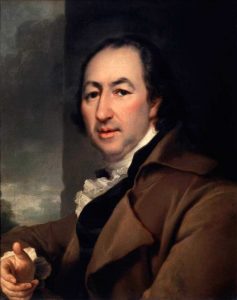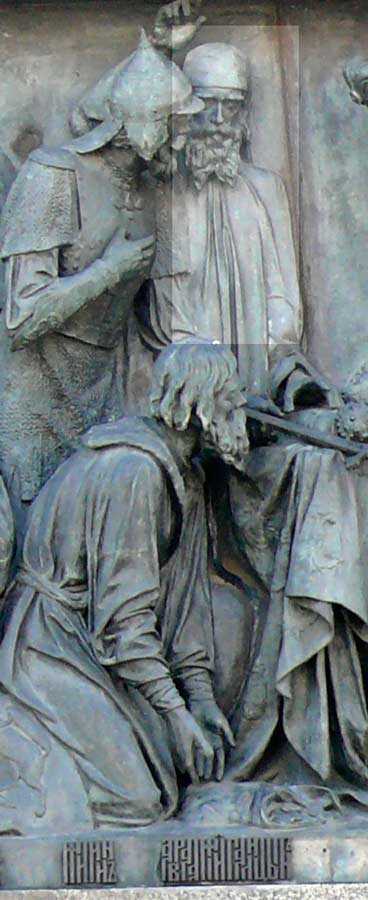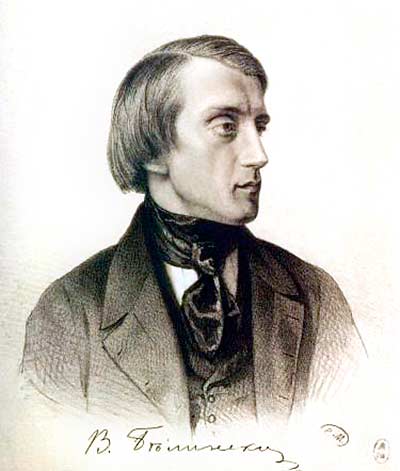“Drone”, Novikov magazine
 Of the Russian prints of the beginning of the reign of Catherine II, the most serious was Novikov’s journal “The Drone”, which was published in the capital from May 1769 to April 1770. In this organ Novikov began to flaunt the vices of modern society, exposing them to the living faces of contemporaries, probably well-known and because it is easy for everyone to recognize.
Of the Russian prints of the beginning of the reign of Catherine II, the most serious was Novikov’s journal “The Drone”, which was published in the capital from May 1769 to April 1770. In this organ Novikov began to flaunt the vices of modern society, exposing them to the living faces of contemporaries, probably well-known and because it is easy for everyone to recognize.
Catherine resolutely rebelled against this — her satire in “All things” was “in a smiling way” and did not allow certain individuals to be convicted — she did not invade the state, even public life, and was of a general nature, as a result of which she was distinguished by vagueness. Novikov, in his Trutne, considered it necessary to report from modern metropolitan and provincial Russian life even those isolated, but characteristic, flagrant incidents in which he saw the triumph of untruth, anger and ignorance.
In his journal, he told, for example, how connections helped an uneducated nobleman to take the place that others had all the rights to — a nobleman, good and honest, but without money and patronage, and a well-educated tradesman, a tried-and-true public figure. Novikov talked about how one, a noble lady made a major theft in Gostiny Dvor, and the merchant who accused her was carved with whips.
“To every kind of thing” such messages seemed like “bad jokes”, and she gave a threatening hint to the address of “The Drone” that it would be unlawful to “talk about what anyone doesn’t understand.” But having understood this threat, Novikov continued to stick to his previous direction. In lively, vivid pictures, he pointed out the powerlessness of Russian citizens, flagellated the arbitrariness of the authorities, the abuse of the powerful and noble: in addition, he attacked Frenchman’s Russian society. Drawing portraits of Russian dandies and dandies, he was indignant at the plight of the serfs and the arbitrariness of the landowners. Speaking of the French tutors, he touched the Russian upbringing.
Placed in the “Trutne” article “News from Kronstadt” gives us a lively description of fashionable educators of the then Russian youth: according to the magazine, “the ship came with 24 French, who all pretend to be marquises, earls and chevaliers”, but in fact – all they are artisans who fled from France because of the “great quarrel with the police”. “Dear fellow citizens! – the publisher exclaims, – hurry to hire these strangers to raise your children! Charge immediately to the future back-up of the state with vagrants, and think that you have fulfilled the duty of the parents! ”
No less passionate antics “Drone” against the landlords-feudal. So, one of his heroes, Bezrassud, expresses the opinion that the peasants “are not the essence of men, but peasants, but what are peasants, he knows only because the serfs are his slaves.” For healing from this disease, the journal recommended the Reckless “to examine the bones of the lords and the peasants twice a day, until he finds a difference between them.”
From the critics of modernity Novikov turned to the praise of antiquity, simple, close to nature, honest and hardworking, who did not know Frenchmania and the perverse culture of life in the capital. But in the old Russian life, the “Drone” also found flaws – in it he exposed the manifestations of stupid ignorance, hypocrisy and hypocrisy.
Under the pressure of the empress, satirical magazines soon began to die one by one. After an incomplete year, the “Drone” also ceased to exist. In his last issue, Novikov wrote: “Against my wishes, readers, I part with you; my circumstances and your ordinary greed for the news, and after that disgust the reason. ”
Nevertheless, Novikov’s satirical activity did not pass without a trace even for Catherine: from 1772 she became interested in writing comedies in which she exposed Russian life much sharper and more serious than she had done before in her journal. Frenchmania and the plight of the serfs, favorite themes of the “Drone”, are the basis of these comedies. Noticing this, Novikov took up the publication of another magazine: “The Painter.”


